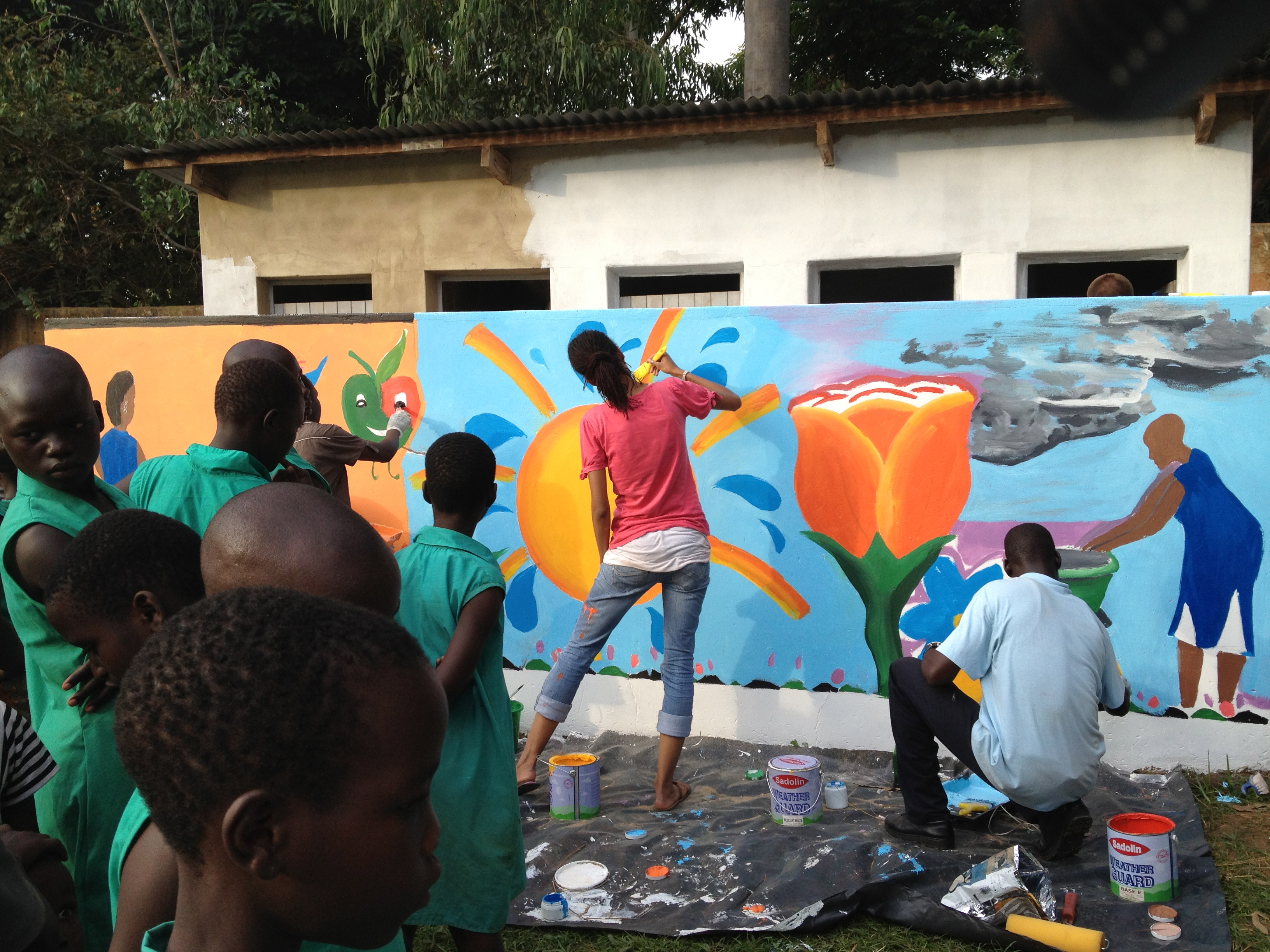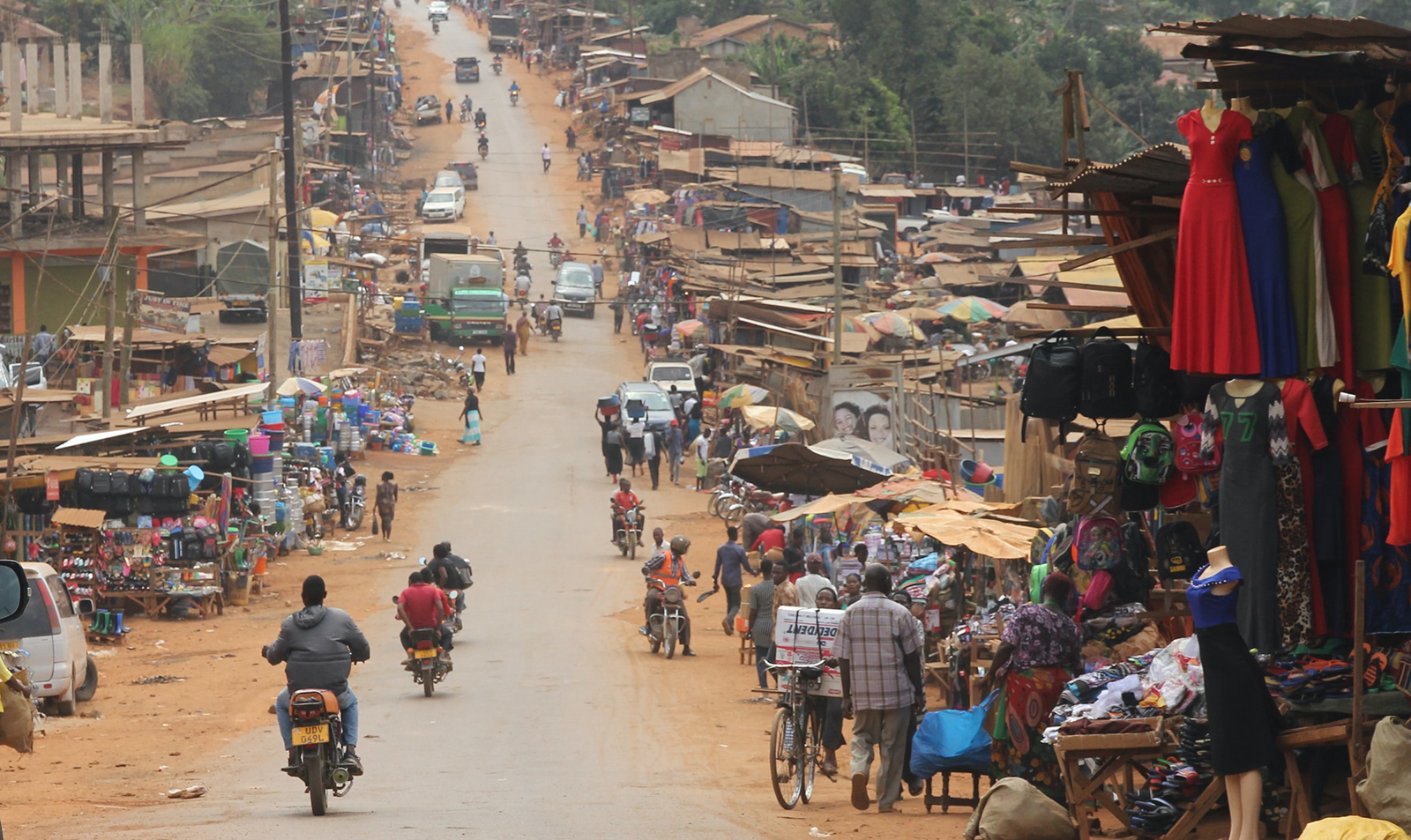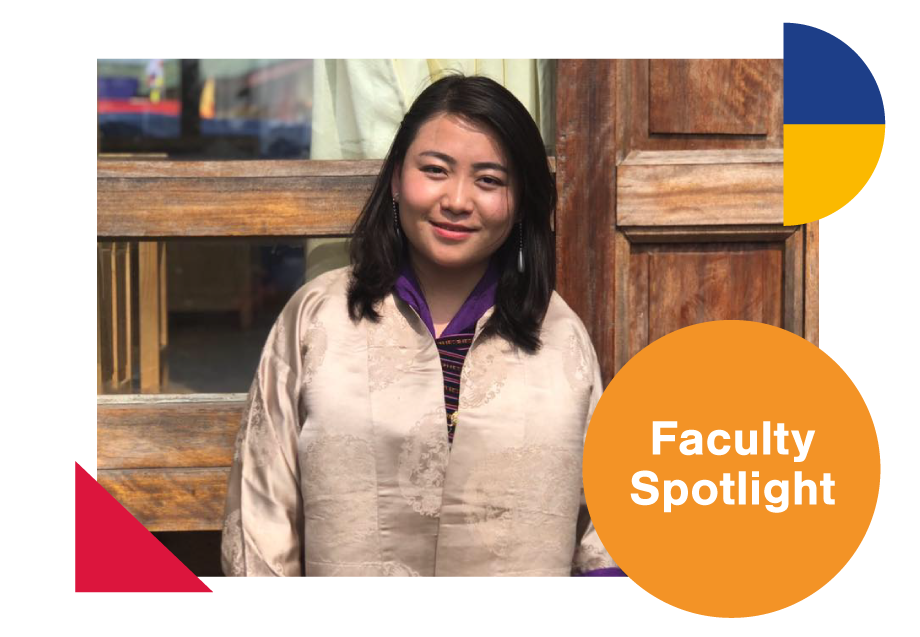UniWASH, Aalto University’s educational collaboration with Unicef was one of the highlights presented to UN Secretary-General Ban Ki-moon on his visit to Helsinki on 9.12.
UniWASH is a multi-stakeholder innovation project aiming to co-create sustainable water and sanitation (WASH) innovations in Uganda. The 3-year project is funded by the Finnish Ministry for Foreign Affairs. It was developed from pilot collaborations with Aalto University’s Product Development Project (PDP) and IDBM (International Design Business Management) industry projects. The current collaboration is led
by Unicef Finland with Makerere University in Uganda, and partners include Aalto University, the University of Helsinki, Biolan and local SMEs in Uganda.
At a gala event celebrating Finland’s 60 years as member of the United Nations, Unicef Finland’s Marja-Riitta Ketola and Biolan’s Pekka Kariniemi explained the unique approach to innovation developed around the project: students in Aalto University’s real-world case courses are presented with challenges from the Ugandan WASH context, and together with Ugandan students from Makerere University and anthropology students from Helsinki University, they prototype solutions to address water and sanitation needs in Ugandan schools.
Aalto’s collaboration in the project is coordinated by Aalto Global Impact. Participating Aalto courses have included IDBM, PDP and CS (Creative Sustainability/ Sustainable Global Technologies). One of the prototypes developed by students is the Elephant Tap, an innovative tap that saves water, reduces the time required for pupils at school for fetching water, and reduces the risk of spreading diseases. Biolan has led the testing of the Elephant Tap in local schools, and it is now being further developed with local companies.
Unicef’s innovation work seeks to engage partners in the development of new and scalable solutions to persistent development challenges, designing and prototyping innovations together with the users. For companies like Biolan, the collaboration is an opportunity to build a deeper understanding of local needs and markets and to find potential partners in Uganda. For university partners, the project helps students engage in real-world challenges on a global scale, addressing complex sustainability issues and interacting with partners in the field. The multi-year format allows for ideas to be refined over consecutive years and across student teams, thus building up a solid knowledge base among the partners. By linking up with Unicef’s country programmes and other project partners, the student teams’ ideas are contributing to real solutions at the local level.
Earlier in November, the UniWASH project was highlighted at the Global Innovations for Children & Youth Summit, an event that gathered 500 thought- and action-leaders from around the world during the Slush-week. On his visit to Helsinki, UN Secretary-General Ban Ki-moon gave the project a thumbs up – new and open-minded approaches to innovation are increasingly gathering different stakeholders into the co-design of global sustainable solutions.
More on Unicef website:
https://www.unicef.fi/tiedotus/uutisarkisto/2015/yk-n-paasihteeri-ban-kimoon-nosti-peukun-pystyyn-unicefin-kumppanuushankkeelle/
http://summit.unicef.fi
This post was written by Riina Subra



